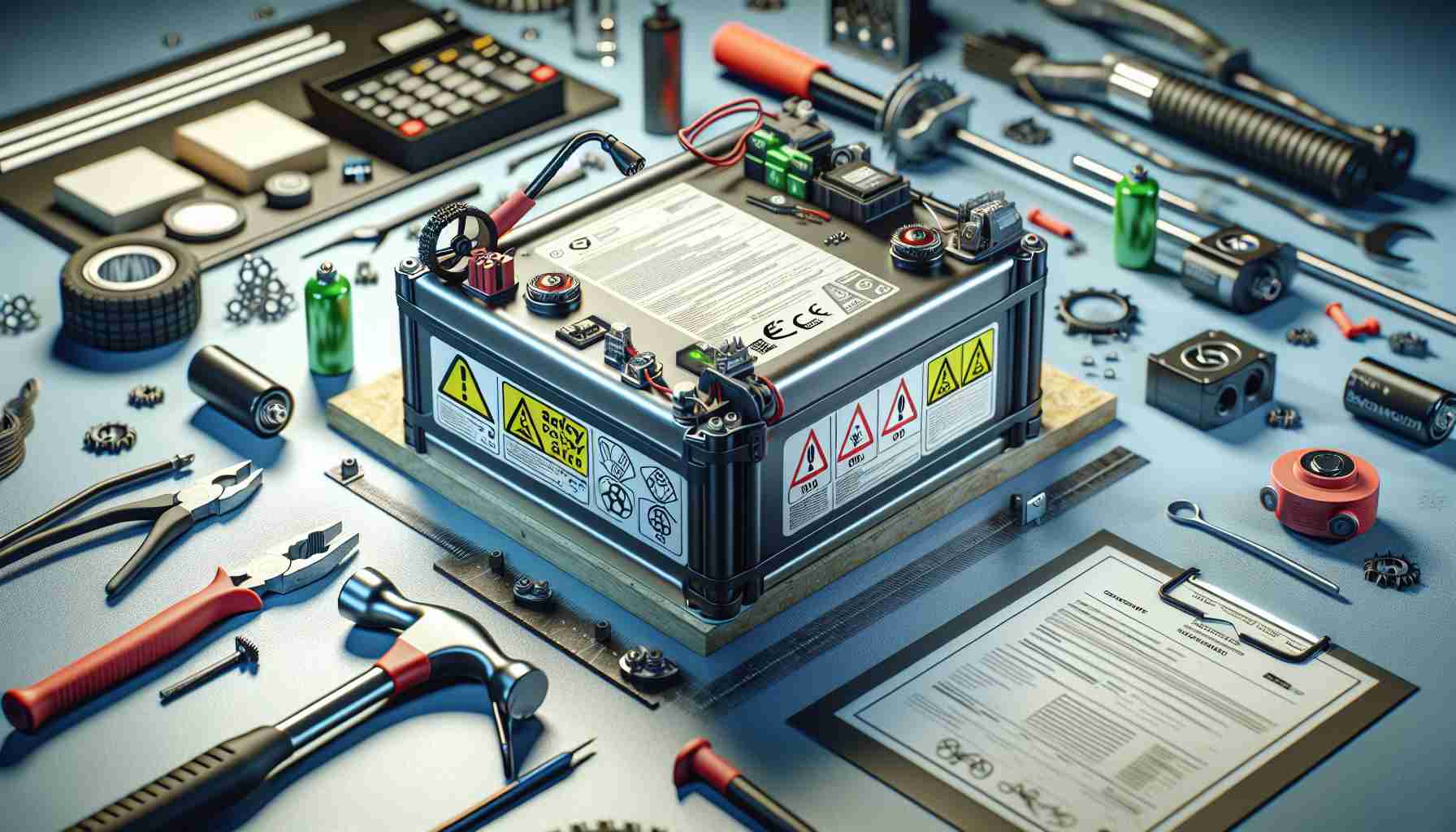As the popularity of electric bicycles continues to surge in the US, concerns regarding the safety of their lithium-ion battery packs have also grown. However, recent developments in China may bring about a significant impact in enhancing e-bike fire safety.
E-bike battery fires, although rare, have become a prominent issue in the US. New York City, in particular, has garnered attention due to its large population of e-bike delivery riders who often use low-quality Chinese batteries. While it is essential to keep this concern in perspective, as more deaths in NYC result from space heater fires, the substantial growth of e-bike usage necessitates an increased focus on fire safety.
Recognizing that the majority of battery fires stem from poorly manufactured Chinese batteries intended for extremely cheap e-bikes and e-scooters, the Chinese government has taken steps to confront this problem head-on. The country has recently introduced new technical standards that regulate the design, production, and sale of lithium-ion batteries used in micromobility devices.
These safety regulations, known as the “Safety Technical Specification for Lithium-ion Batteries Used in Electric Bicycles,” address critical aspects related to production quality and fire risk. They encompass 22 specific elements of battery design and manufacturing, including over-charging, over-discharging, external short circuits, thermal abuse, and battery punctures, among others.
Enforcement of the new standards is set to commence on November 1, 2024. Lithium-ion batteries for electric bicycles will be prohibited from sale in China unless they comply with these regulations. Although the standard currently applies only to the domestic market, China’s immense e-bike battery industry will likely influence global production.
Since the majority of electric bicycles and their components in the US originate from China, these new battery standards are expected to redefine production practices in the country. Major suppliers who prioritize higher-quality batteries may already meet or surpass the new standards, while manufacturers who compromise on safety to reduce costs may face challenges. Chinese companies tend to conform to regulatory standards, and this will likely prompt battery manufacturers to upgrade their designs, shut down production, or transition to other industries.
While the regulations are primarily aimed at the domestic market, it is unlikely that separate production lines for export batteries will be maintained. Thus, the rise in manufacturing standards for local e-bike batteries could positively impact batteries intended for export as well. Ultimately, these new safety standards signify a significant step towards mitigating concerns related to e-bike battery fires and enhancing the overall safety of electric bicycles.
The electric bicycle industry is experiencing a surge in popularity in the US, but concerns about the safety of lithium-ion battery packs have also risen. In particular, the use of low-quality Chinese batteries by e-bike delivery riders in New York City has drawn attention to the issue. While e-bike battery fires are rare, the growing number of e-bike users calls for increased focus on fire safety.
To address the problem, the Chinese government has introduced new safety regulations for lithium-ion batteries used in micromobility devices. These regulations, called the “Safety Technical Specification for Lithium-ion Batteries Used in Electric Bicycles,” cover various aspects of battery design and manufacturing to mitigate fire risks. Elements addressed include over-charging, over-discharging, external short circuits, thermal abuse, and battery punctures.
Starting from November 1, 2024, the enforcement of these new standards will prohibit the sale of lithium-ion batteries for electric bicycles in China unless they comply with the regulations. While currently applicable only to the domestic market, these regulations are likely to influence global production due to the significant size of China’s e-bike battery industry.
As a majority of electric bicycles and their components in the US come from China, these new battery standards are expected to redefine production practices in the country. Major suppliers that prioritize higher-quality batteries may already meet or exceed the new standards. On the other hand, manufacturers that compromise safety to reduce costs may face challenges. Chinese companies generally adhere to regulatory standards, which will likely prompt battery manufacturers to upgrade their designs, suspend production, or pivot to other industries.
Although the regulations primarily target the domestic market, it is unlikely that separate production lines for export batteries will be maintained. Therefore, the rise in manufacturing standards for local e-bike batteries could have a positive impact on batteries intended for export as well. Overall, these new safety standards signify a significant step towards addressing concerns related to e-bike battery fires and enhancing the overall safety of electric bicycles.
For more information on the electric bicycle industry and market forecasts, you can visit Ebicycles.com, a comprehensive website that provides insights into electric bikes, including reviews, guides, and industry news.
Additionally, to stay updated on the latest developments and issues related to the electric bicycle industry, you can explore Electric Bike Insider. This website covers various topics such as e-bike safety, market trends, and regulatory updates.
Please note that the suggested links are valid at the time of writing and may change over time.







